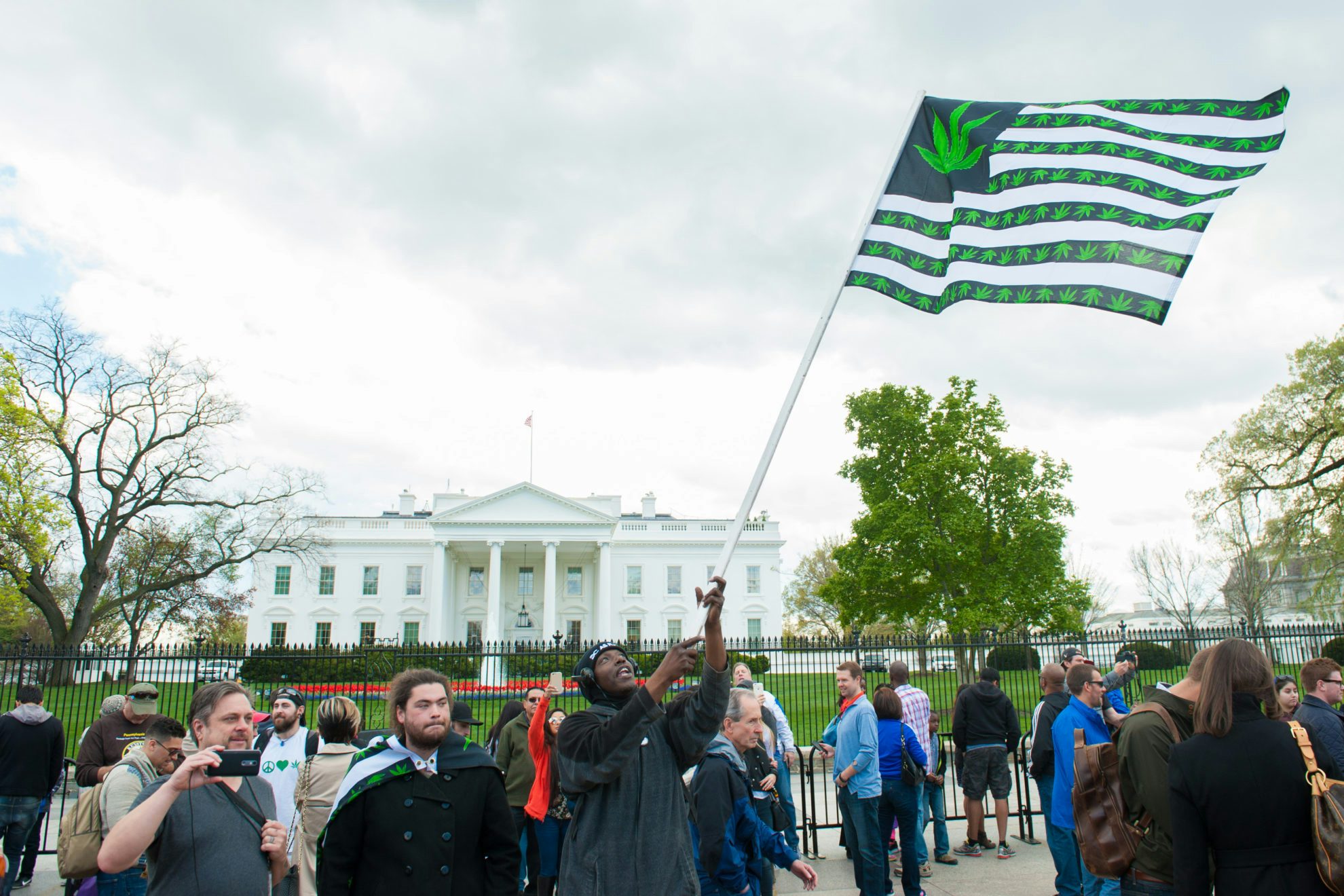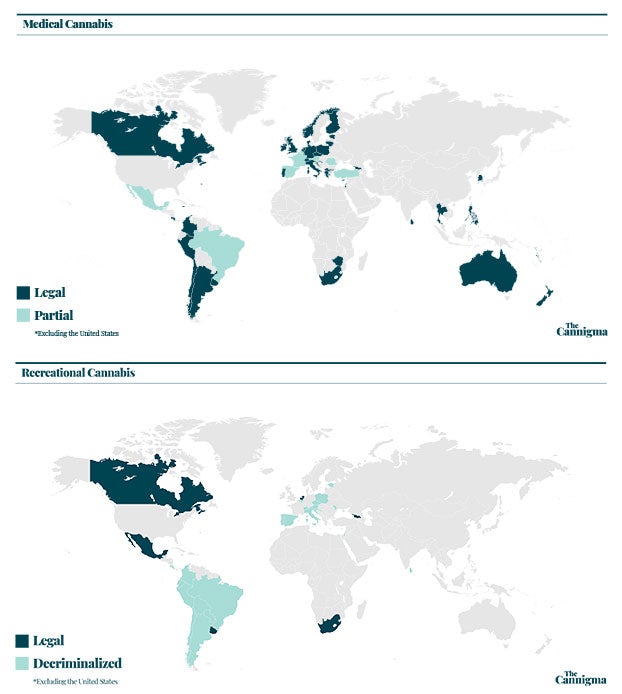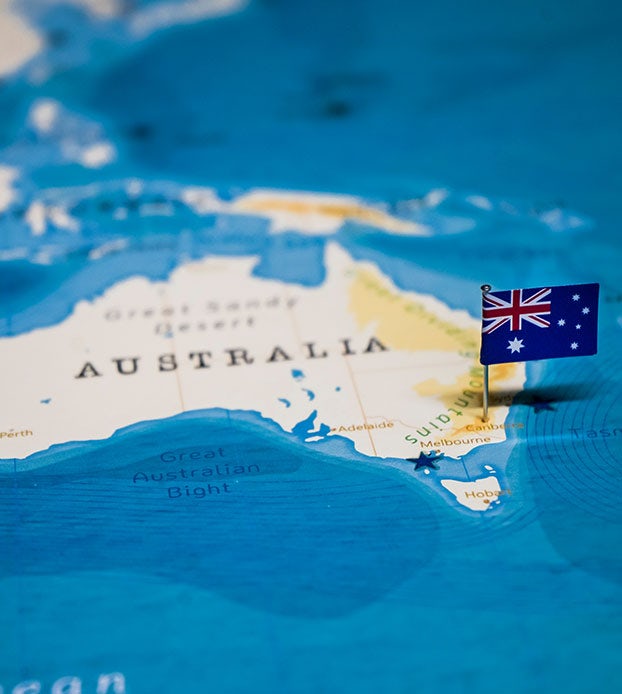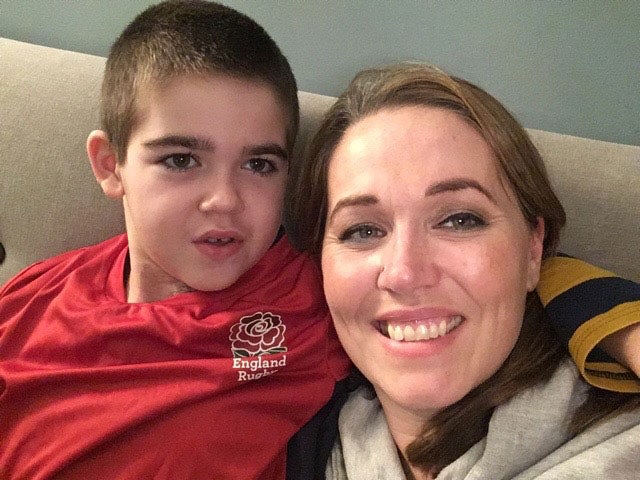
Every parent knows it’s true — they’d move mountains to keep their kids safe. There’s nothing scarier than the thought of something terrible happening to your child. So it shouldn’t be surprising then that parents are a driving force behind major changes in cannabis regulation, reform, and access. Mothers in particular.
That force is most visible in the stories of two women, one American and one British, who are in large part responsible for ensuring that life-saving medicines are available to countless children in their respective countries. Those medicines, of course, are derived from cannabis.
Pretty much everyone in the UK has heard Hannah Deacon’s story — or more accurately, her son Alfie Dingley’s story. Alfie had his first epileptic seizure at eight months old. “I found him in bed at night having a seizure,” Deacon said in a recent episode of The Cannigma Podcast.
What followed was a series of different medications, but every few months they still found themselves back in hospital for weeks at a time. Eventually, Alfie was diagnosed with a rare genetic condition called PCDH19.
‘I want to know I’ve done everything to keep him alive’
“They didn’t know what to do for him. He was given a lot of drugs, which, at the time, I didn’t realize, but that were unlicensed…. It’s really important that I think people realize that actually, a lot of medicines that our children are given are experiments. They’re licensed for adults. They’re not licensed for children a lot of the time, because they don’t have the data,” she said, stressing that of course the doctors were just trying to help her son.
Deacon’s approach to her son’s treatment, and what she was willing to do, changed when she says she realized the doctors who were treating him basically knew nothing about his condition.
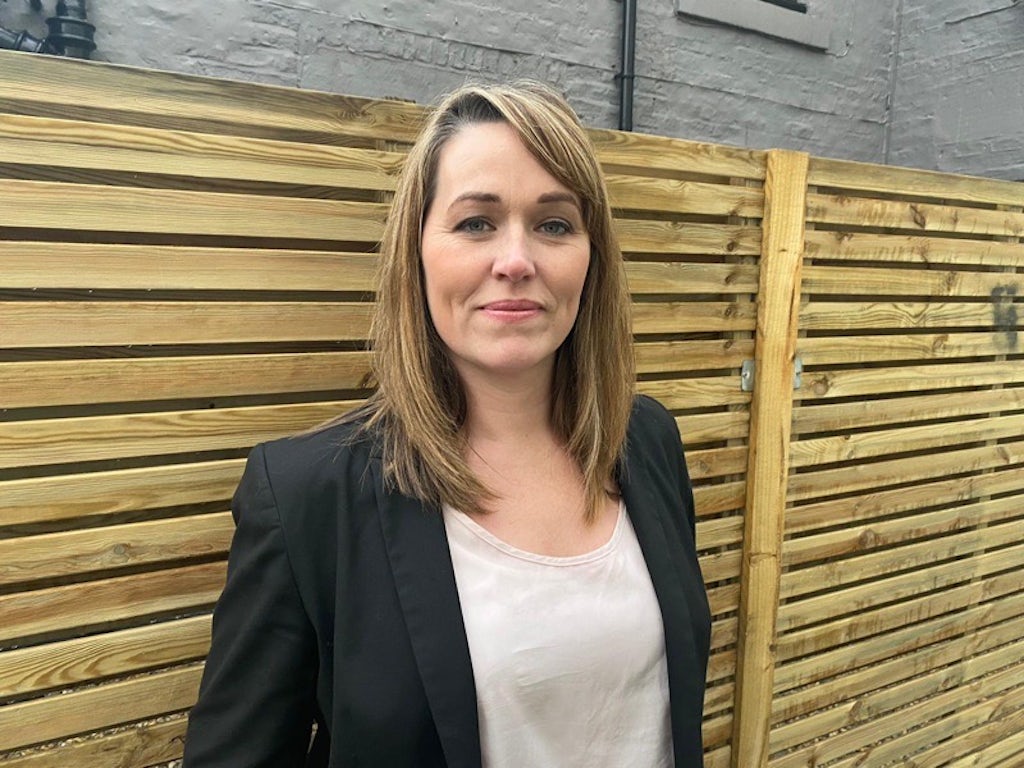
“We were being told by doctors all the time that Alfie could die,” she recalled. “And I just kept thinking to myself, “Well, if I have to stand by his graveside… I wanna know as a mother, that I’ve done everything I can to keep him alive and I don’t care if it’s illegal in the UK, I want to try it.”
Long story short, Deacon packed up her family of four and moved to The Netherlands for five months to give the cannabis treatment a go. After a few weeks of slowly increasing her son’s dosage, it worked.
“Once we got to 150 milligrams of CBD, he had, I think, 17 days without a seizure,” she said. “From age five to age six he was in hospital every week with hundreds of seizures. So to go from every seven days to a 17-day gap was massive.” After increasing the dosage even further, Alfie went a full 10 months without a seizure.
‘I was buying pounds of marijuana from drug dealers all over California’
Several years earlier in California, Catherine Jacboson was desperately looking for a medication that could save herson’s life. Like Aflie, Ben started having seizures when he was still a baby. And he too was one of the “very, very unlucky infants with epilepsy that is not controlled by medication,” Jacobson said on a recent episode of The Cannabis Enigma Podcast.
Where Ben was lucky — if you can call it that — was that his family was living in California, and Jacobson was able to access cannabis from local medical cannabis dispensaries. In another stroke of luck, or “coincidence,” as Jacobson calls it, she just “happened to have a PhD in neuroscience.”
So while other parents she met were crushing up flowers to make capsules, cannabutter, and suppositories, Jacobson sought guidance from a chemist with a cannabis testing lab and started making her own CBD extractions in her garage.
“I was buying pounds of marijuana from drug dealers all over California. So I had to find them, and then I had to go to their houses and buy it, for thousands of dollars per pound.” Jacobson said.”
After months of experimentation, she was convinced CBD was helping Ben. She was also providing it to the son of a friend suffering from another rare form of epilepsy.
From garage lab to FDA approved
At that point, determined to get the same life-saving medicine to other children, but also to secure a reliable and consistent source for her own son, Jacobson approached GW Pharma for help making the medicine.
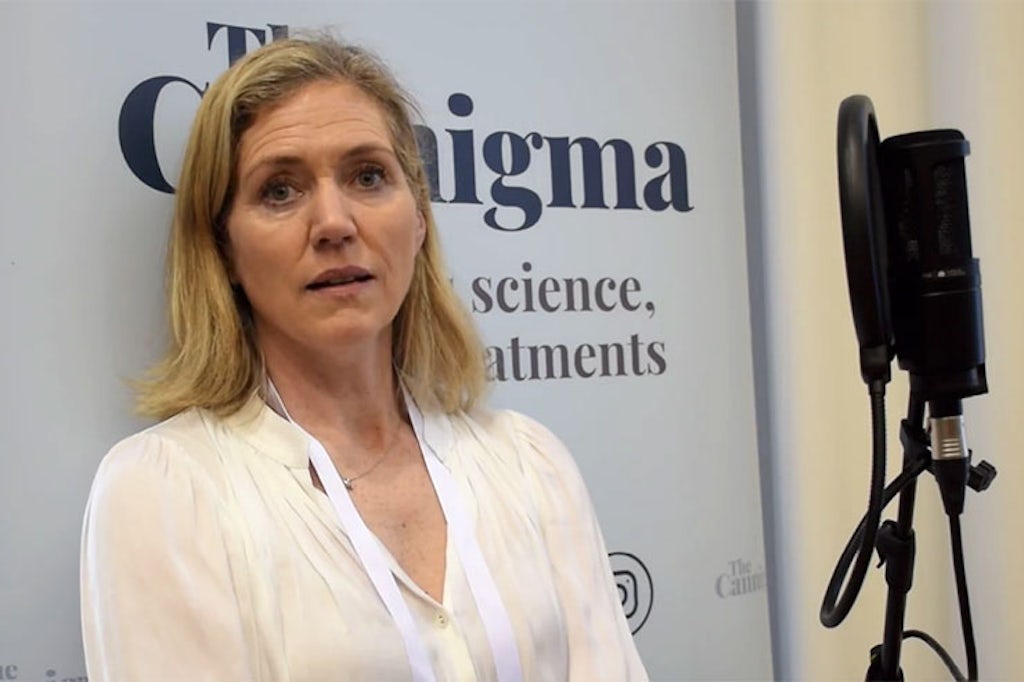
GW tested Jacobson’s homemade extracts, made its own formulation, flew her friend’s son to London for testing, and created the first pharmaceutical CBD product created from the cannabis plant.
The resulting medicine, of course, was eventually marketed as Epidiolex — an oral solution for the treatment of seizures. In most countries it is prescribed for two rare and severe types of epilepsy — Lennox-Gastaut syndrome and Dravet syndrome. The FDA approved Epidiolex as a medicine in 2018.
The personal is political
That’s only the first part of Catherine Jacobson’s journey with cannabis. Fueled by anger that prior to taking things into her own hands nobody had developed a cannabis-based epilepsy medicine, she joined Tilray, a Canadian cannabis company, and started its clinical research program.
Join The Cannigma Directory
“I knew […] that there are other patients out there living with other diseases besides epilepsy who deserve access to quality medical cannabis products now — and they don’t have time to wait for clinical development,” Jacobson said. Tilray, she explained, was “operating under the philosophy that patients deserve access now.” More recently she started Tilray’s regulatory affairs department.
Back in the United Kingdom, through massive public campaigns that got her meetings with the highest levels of government, Hannah Deacon eventually succeeded at obtaining the first Schedule 1 license in the UK. This meant that Alfie’s doctor could prescribe him cannabis, even though it was still listed as a dangerous substance with no medicinal value.
Like Jacobson, Deacon has now found a vocation in cannabis access advocacy. Serving as the head of patient access at Lyphe Group and the executive director of The Medical Cannabis Clinicians Society in the UK, she’s all over the media and the cannabis conference circuit, fighting for access and education.
“I know what it’s like to be the parent of a sick child and it’s not fun,” Deacon said.
‘A mother’s love is the great actor in this story’
Over in Brazil, a local activist and lawyer is seeing a similar trend in recent changes to that country’s medical cannabis rules. “The role of mothers was fundamental in this process,” Emilio Figueiredo told The Cannigma, referring to the fight to convince Brasilia to permit patients to grow their own cannabis. While medical cannabis has been legal in Brazil for some years, access was almost non-existent.
“It is clear to me that we got to where we are, in terms of medical cannabis, due to women… Of course, all the family took part — but women always played a leading role,” Figueiredo said, noting that mothers were always in attendance at discussion meetings and took a leading role in educational initiatives about cultivation.
“Since 2013, with the arrival of medical cannabis in Brazil, not only has [mothers’] presence grown, but also the conversation between the movement and the feminist struggle,” he added. “There is a great harmony between the two themes. There was really a need for a feminist and feminist perspective so that we could make a decent social revolution in Brazil — and in the world. And I believe that a mother’s love is the great actor in this story.”
Sign up for bi-weekly updates, packed full of cannabis education, recipes, and tips. Your inbox will love it.

 Shop
Shop Support
Support





